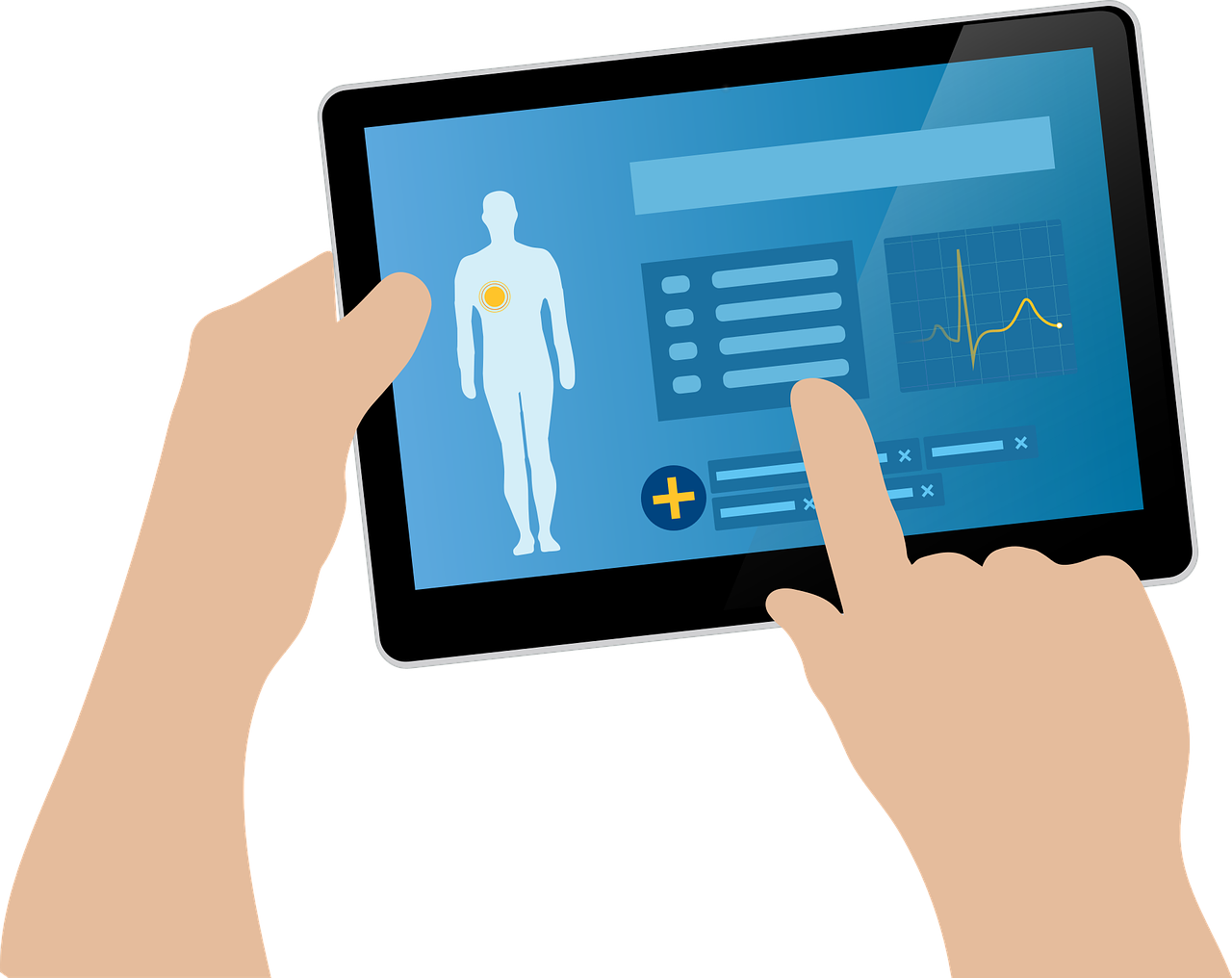Just like any other mobile app, features for building a mobile health app need to be properly chalked out and discussed before delving into the building process. The blog speaks about the essential features of a healthcare app. Here are 5 must-have features of a healthcare app.
The app industry is on the rise! In today’s over-crowded app store, building an app that gets featured on the app store and gets liked by your users is surely tough. A great app with an alluring interface helps boost the online presence of your business.
With mobile apps plunging into the healthcare industry now, many businesses are developing healthcare apps that help users to avail telehealth services easily and conveniently. So, let’s have a look at some essential features your healthcare app must-have.
The first thing to consider before building a mobile health app is deciding who will be using the app. Is it going to be an app used by the masses like a fitness app or is it going to extend beyond “regular” usage and integrate with medical service provider systems like EMR or EHR platforms?
You need an end-to-end strategy and planned list of tasks to make sure you don’t miss out on any important stages of mobile app development. It is always beneficial to have a task list before building the app in order to stay organized throughout the development process – right from an app idea until you have the final product.
Let’s look at some essential features of a healthcare app. Here are 5 Must-have features of a Healthcare App.
Adding Gamification!
Gamification is one of the essential features your healthcare app must-have. By using points, rewards, incentives, discounts, deals, and badges, the users feel motivated to succeed which keeps them engaged with your app.
These rewards are indicators of accomplishments, skills, qualities, and interests. They encourage the participation of users as people want to show off their knowledge and skills to other people.
If sports or video games didn’t include the scoring system to track your performance, the appeal wouldn’t be quite the same. These metrics to determine “who is better” which is the basis for the competition that is prevailing these days help users in staying hooked to your app.
Today, gamification can be applied to everything whether it be exercising, tracking your performance on walks, bike rides, or other metrics like weight, blood pressure, and more. Adding a scoring system engages people and helps them meet goals that tie them to long-term analytics to track and assess a person’s progress with their mHealth data.
For instance, mySugr – an Austrian startup, offers solutions for diabetes management in an entertaining manner both for children (mySugr Junior app) and adults.
Emphasis on Planning and Workflow!
Planning and workflow are the must-have features of a healthcare app, as these are important tools for any health-related journey. Planning and workflow in creating a mobile health app allow users to construct a timeline for fitness goals as well as see results from data collected over time.
For example, reviewing your blood pressure or sugar level is one thing but it’s another when this information is actually tethered to a plan and augmented with analytics that truly provides insight for making improvements.
Secure systems offer data-driven tools that collect health information you plug into an app as well as information for appropriately configured biometric devices.
Integration of Communication Tools!
Integrating communication tools is one of the essential features your healthcare app must-have. Adding messaging and calling software into mHealth apps has become quite popular now. Certain fitness apps function as social platforms where users can communicate with other users and exchange healthcare software development company.
Thus, a mobile health app enables people to connect with medical service providers scheduling appointments and to avail telehealth services.
Twilio uses a third-party integration for communication service when building a mobile health app.
Using EMR and other Third-Party Integrations!
Let’s have a look at the other essential features of a healthcare app. It’s not necessary to build every feature that you wish to include in your health app. This can easily be done by connecting your Mobile app development company with EMR systems. A mobile health app connects with EMR systems depending upon the existing technologies in place.
Using services like Apple Health and their HealthKit, your app can communicate with a repository for health data without facing any security issues. It provides a toolset that allows you to select specific features that you’d like to use for your app via their API.
Allowing Sharing of Data with Open Data Sets!
Some healthcare apps use contact tracing features. Thus, these fitness apps need to access data from publicly accessible resources like those offered by healthcare organizations.
For health apps designed for population health, APIs provided by such systems are integral to large sets of data. This data needs to be arranged and presented without any kind of personally identifiable information (PII) that needs to be HIPAA compliant.
Through data strategy, developers build innovative apps that enable data sharing that adheres to HIPAA regulations. Clearly, this is one of the essential features your healthcare app must-have.
The Bottomline
By now, I am sure you have got clear of the essential features of a healthcare app. Listed here were some of the must-have features of a Healthcare App. In order to increase user engagement of your app, it’s important that you make secure, functional apps that delight users and meet all data compliance regulations.
Author’s Bio
Ruchita is a tech enthusiast with a flair for creating content. She is passionate about helping businesses achieve their goals. Ruchita is currently associated with Resourcifi Inc.
LinkedIn – https://www.linkedin.com/in/ruchita-varma-64088957/



